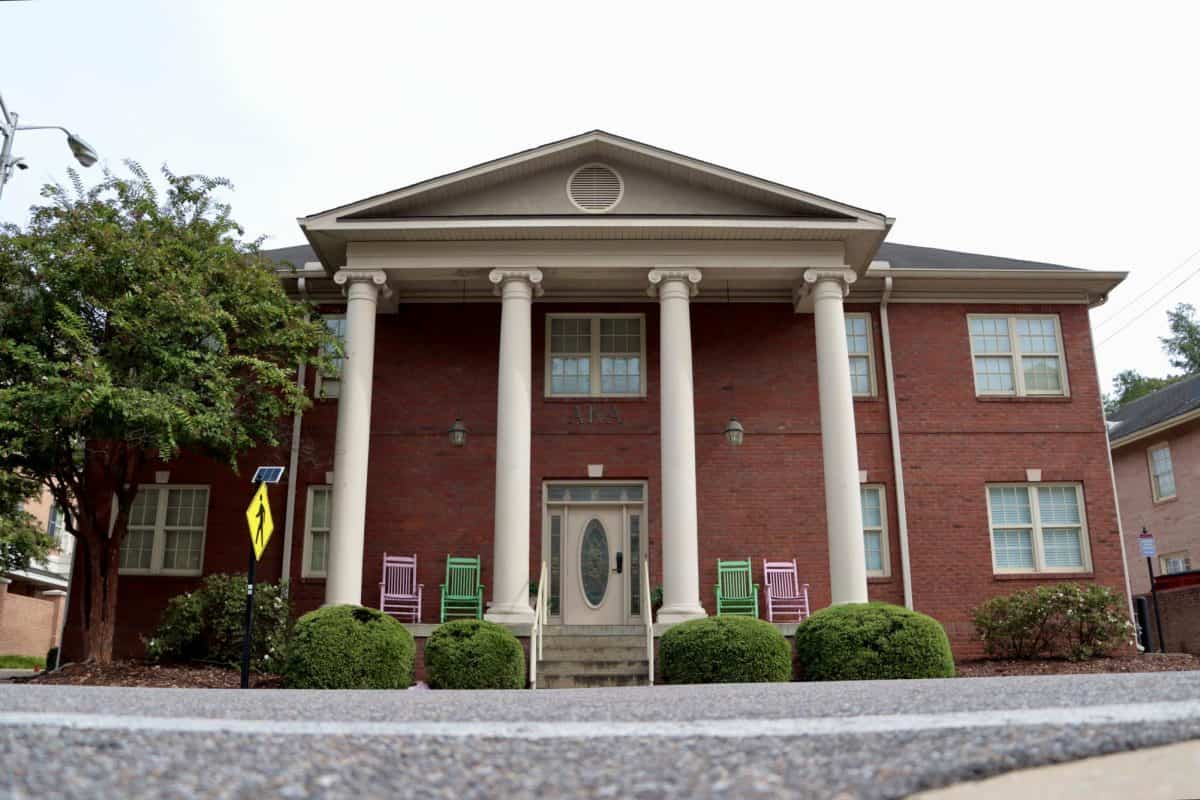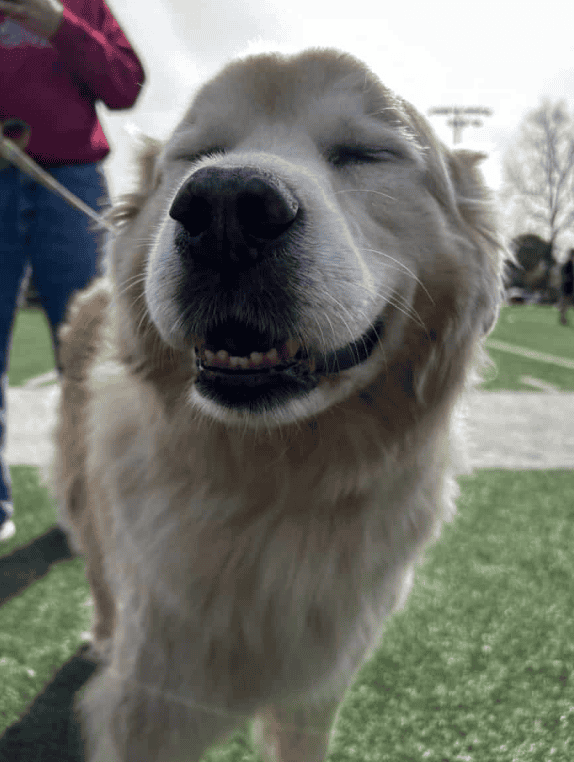The National Pan-Hellenic Council, also known as the “Divine Nine,” is a group of nine historically Black sororities and fraternities, eight of which are represented at the University.
The Divine Nine has a rich history, starting even before the NPHC’s founding at Howard University. While the NPHC was founded in 1930, member organizations such as Alpha Kappa Alpha Sorority, Inc. and Alpha Phi Alpha Fraternity, Inc., were founded in 1908 and 1906, respectively. The Divine Nine serves as an agent to raise “community awareness and action through educational, economic and cultural service activities,” according to the NPHC website.
The founding sororities and fraternities were Alpha Kappa Alpha, Delta Sigma Theta Sorority, Inc., Zeta Phi Beta Sorority, Inc., Kappa Alpha Psi Fraternity, Inc. and Omega Psi Phi Fraternity, Inc..
In 1931, two fraternities were added to the NPHC, Alpha Phi Alpha and Phi Beta Sigma Fraternity, Inc. In 1937, Sigma Gamma Rho Sorority, Inc. was added to the roster and the NPHC was incorporated under Illinois state law.
The youngest member of the Divine Nine, Iota Phi Theta Fraternity, Inc. was added in 1997.
The University of Alabama gained its first chapters of the Divine Nine in 1974, which was also the same year that the majority of the NPHC sororities and fraternities began at The University.
The NPHC starts its year off with a convocation that all interested members are required to attend. From there, each sorority and fraternity has its own process for membership intake during various times throughout the school year.
Car’Liz Mims, a senior majoring in management information systems and a member of Zeta Phi Beta, and Jade McGee, the vice president of Delta Sigma Theta and a management information systems major, spoke about the NPHC’s three pillars: scholarship, sisterhood and brotherhood, and service.
“Education is a requirement to be a part of the organization,” Mims said. “Any student should at least be pursuing a bachelor’s degree at the bare minimum.”
Mims and McGee emphasized the importance of sisterhood and brotherhood by looking back at the origins of the NPHC. The organization was created to unite the Black community and organize social action as they faced the “problems of history,” referring to American segregation, racism and gender inequality.
It was because of brotherhood that the first Black SGA president was elected. Cleophus Thomas was a member of Kappa Alpha Psi. His election was made possible by the support of his fraternity and NPHC brothers and sisters.
The Divine Nine has played a major role in the Civil Rights Movement. On the national level, Alpha Phi Alpha has notable alumni who helped change the civil rights landscape, including Martin Luther King Jr., Andrew Young and Jesse Owens.
The NPHC also has various programs that promote higher education within the Tuscaloosa area.
“We have our ‘Go to High School, Go to College’ program, which promotes secondary education and college education amongst our communities to younger children in elementary, middle and high school,” Kenneth Kelly, a junior majoring in news media and a member of Alpha Phi Alpha, said.
Another historic tradition for the Divine Nine fraternities and sororities is the annual step show, a celebration that is at least 40 years old. According to McGee, the event serves as a recruiting effort, and students and alumni are encouraged to attend. Stepping and strolling is a traditional art form that has origins in the African diaspora.
“It was an art form amongst the tribes that lived over in the West African region, to use their body to make different types of sounds and movements to communicate with each other,” Kelly said. “That was one of the various things that have been passed down from what survived the Atlantic Slave Trade, and it has been passed down throughout generations of slavery.”
Service is the social action and philanthropy that NPHC organizations do to give back to the local community. Delta Sigma Theta hosts educational forums in Tuscaloosa, and members do service projects for Tuscaloosa and the surrounding areas. Every year, the NPHC has a “give-back” event, usually a gala to fundraise for the American Heart Association.
Malea Benjamin, a senior majoring in political science and communication studies and a leadership fellow for Alpha Kappa Alpha, said she takes a lot of pride in being a member of the NPHC and enjoys being in Alpha Kappa Alpha because of the educational and service opportunities that it provides.
Some of the opportunities that Benjamin has come across include donating women’s sanitary products, educating high schoolers on voter registration, and community service at the Salvation Army.
To Benjamin, having a visible presence, especially on sorority row, is an important part of showing the progress that the University of Alabama has made toward making all students feel seen and heard.
“Not that it’s as bad as it used to be, but I still think it’s important to show how much things have changed and the strides that we’re making to make Black students feel seen and heard and uplifted, and to be authentically Black,” Benjamin said.







